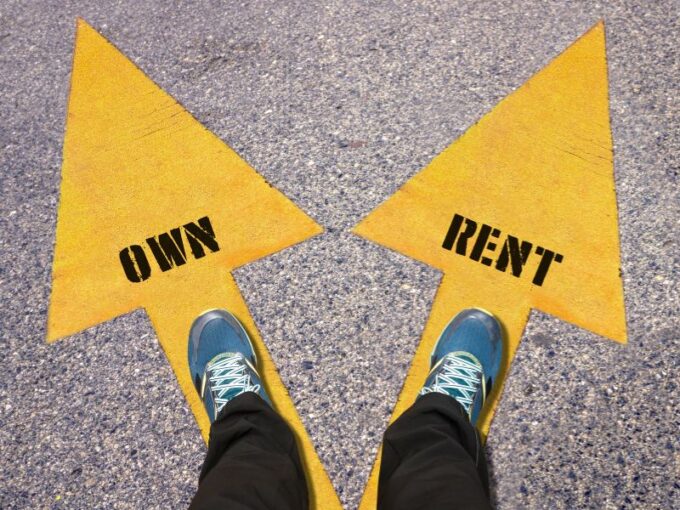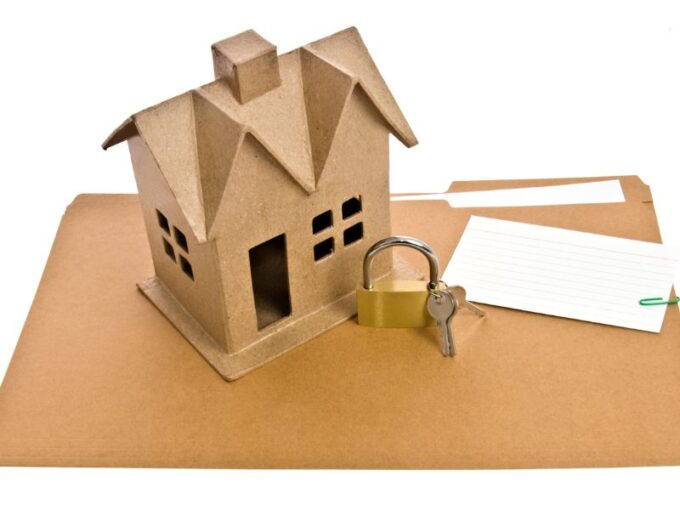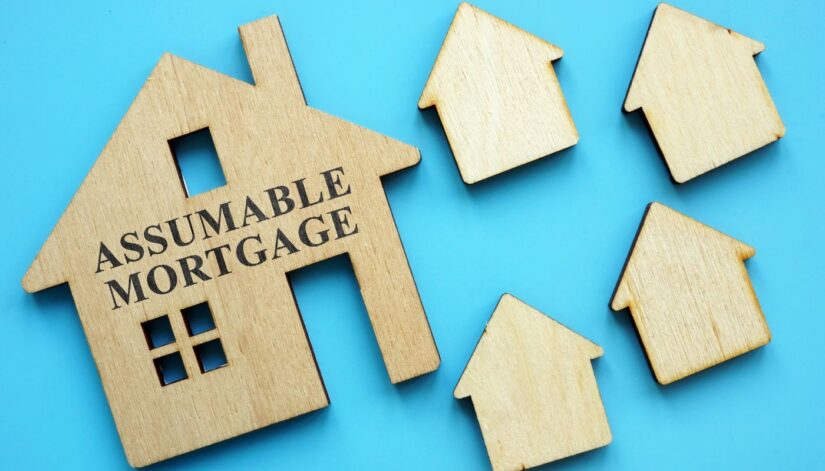How to Go From Renting to Owning a Home
 Going from renting to owning a home can be a significant financial and personal milestone, but it requires careful planning and preparation. Here are some steps to take to make the transition from renting to owning:
Going from renting to owning a home can be a significant financial and personal milestone, but it requires careful planning and preparation. Here are some steps to take to make the transition from renting to owning:
Determine your budget: Calculate your current expenses and income to determine how much you can afford to spend on a home. Consider factors such as down payment, closing costs, monthly mortgage payments, property taxes, and homeowner’s insurance.
Save for a down payment: A down payment is typically required when purchasing a home, and the larger the down payment, the lower your monthly mortgage payments will be. Aim to save at least 20% of the home’s purchase price to avoid paying private mortgage insurance (PMI).
Check your credit score: A good credit score can help you secure a better mortgage rate, so it’s important to check your credit score and address any issues before applying for a mortgage.
Get pre-approved for a mortgage: Before starting your home search, get pre-approved for a mortgage. This will give you an idea of how much you can afford to spend on a home and will also make you a more attractive buyer to sellers.
Find a real estate agent: A good real estate agent can help you navigate the home-buying process, from finding the right property to negotiating the best deal.
Start house hunting: Once you have your budget and pre-approval in hand, start searching for your dream home. Consider factors such as location, size, amenities, and resale value.
Make an offer and close the deal: Once you’ve found the right property, make an offer, negotiate the terms of the sale, and complete the closing process.
Ultimately, the rental market is driven by supply and demand, and rent prices will fluctuate based on a variety of factors such as location, amenities, and competition. It’s always a good idea for renters to do their research and compare prices before signing a lease. If you think you are ready, remember that buying a home is a significant financial and personal decision, so it’s important to do your research and seek professional advice along the way.

 Securing a mortgage to purchase your dream home is a significant financial decision. One of the essential aspects of this process is locking in a favorable mortgage rate. A mortgage rate lock ensures that the interest rate on your loan remains the same for a specified period, protecting you from potential rate fluctuations. We will explore when it’s best to lock in a mortgage rate and provide a step-by-step guide on how to do it.
Securing a mortgage to purchase your dream home is a significant financial decision. One of the essential aspects of this process is locking in a favorable mortgage rate. A mortgage rate lock ensures that the interest rate on your loan remains the same for a specified period, protecting you from potential rate fluctuations. We will explore when it’s best to lock in a mortgage rate and provide a step-by-step guide on how to do it. Mortgage loans are an essential aspect of financing the purchase of a property. Among the various types of mortgages available, one option that may be advantageous for both buyers and sellers is an assumable mortgage loan.
Mortgage loans are an essential aspect of financing the purchase of a property. Among the various types of mortgages available, one option that may be advantageous for both buyers and sellers is an assumable mortgage loan.